While dogs are often celebrated for their loyalty and companionship, certain breeds are prized for their independence. These dogs have a self-reliant nature, often due to their breeding for tasks that required them to work at a distance from their human counterparts or make decisions on their own. Independent dog breeds can be a perfect match for owners looking for a pet that is less demanding of constant attention, yet still provides the companionship and joy all dogs are known for. This article explores the 15 most independent dog breeds on the planet, highlighting the traits that make them stand out in the canine world.
1. Afghan Hound
The Afghan Hound, with its elegant appearance and dignified demeanor, is as independent as it is beautiful. Originally bred for hunting in the mountainous regions of Afghanistan, their independence was a necessity for tracking prey over large distances. Afghan Hounds are known for their aloofness, often choosing when and how they interact with their human companions. While they form strong bonds with their owners, they do not demand constant attention and are quite content spending time on their own.
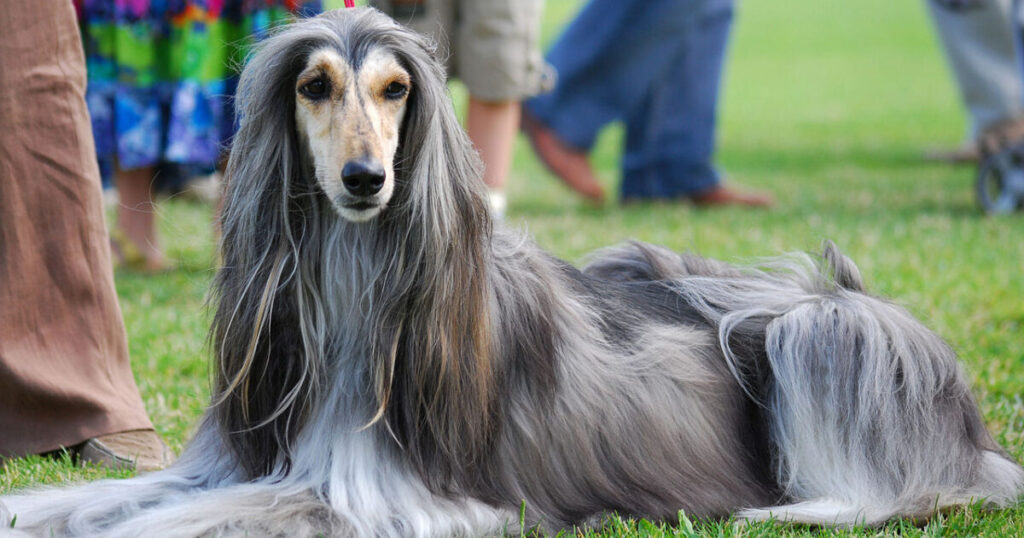
2. Shiba Inu
The Shiba Inu is a small but spirited breed from Japan, known for its fox-like appearance and independent spirit. Shibas were originally bred for hunting in rugged terrain, which required them to be both alert and self-sufficient. They are intelligent and can be very willful, often making their own decisions rather than obediently following commands. This breed may not always seek out affection but they are loyal to their families, showcasing their independence in everyday interactions.
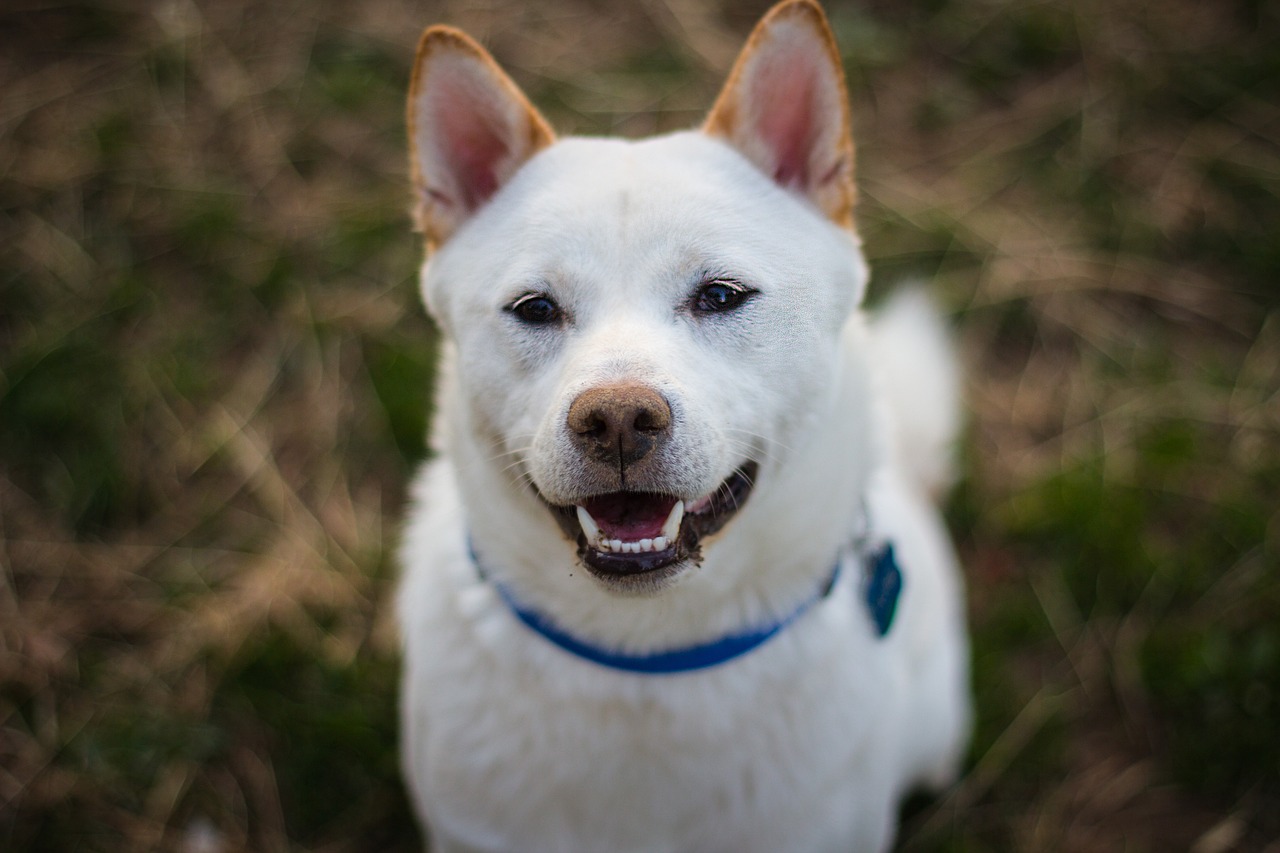
3. Chow Chow
The Chow Chow’s distinctive lion-like mane and stoic demeanor hint at its independent nature. Originating from China, where they were bred for hunting, herding, and protection, Chow Chows are known for their aloofness and discerning personality. They are loyal to their family but can be reserved, even standoffish, with strangers. Chow Chows appreciate their space and are not as demonstrative or clingy as other breeds, embodying a noble independence.
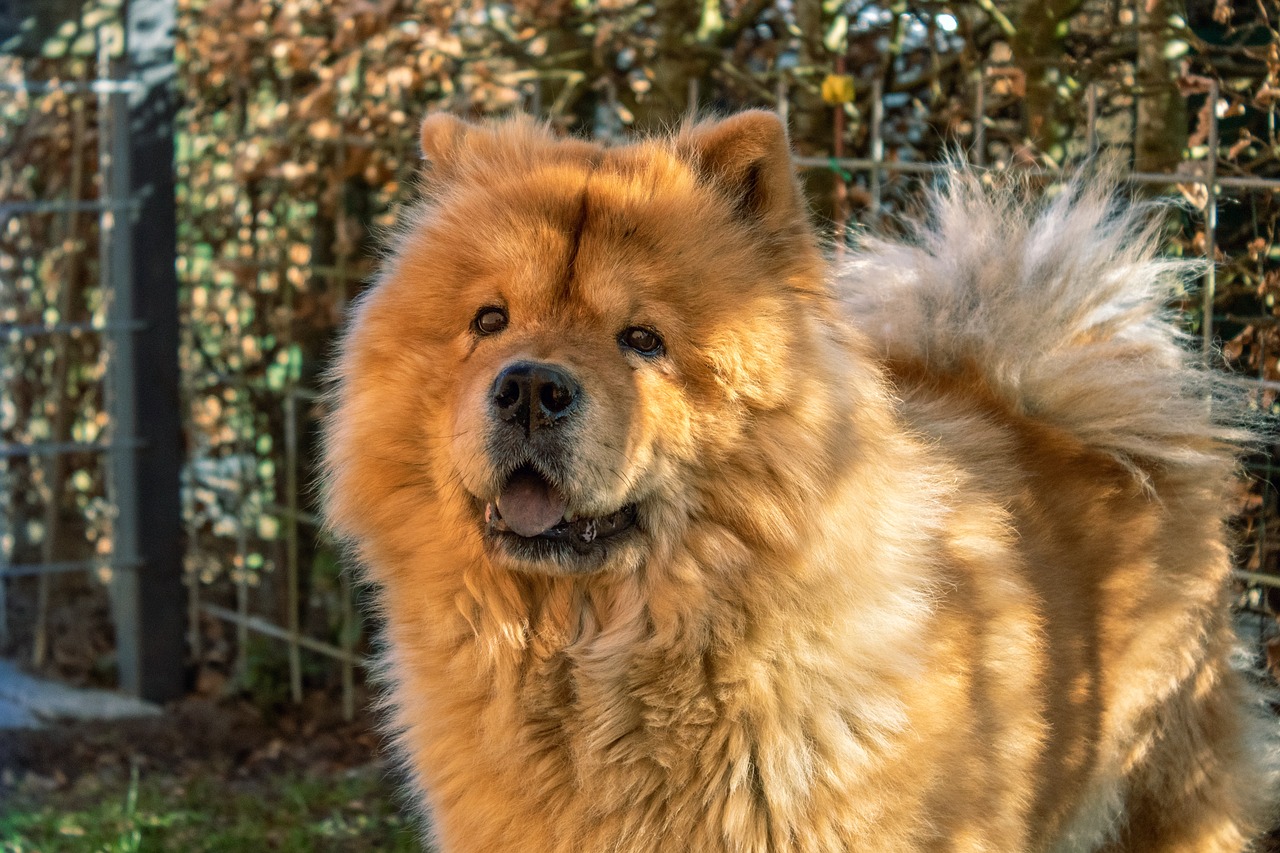
4. Basenji
The Basenji, often referred to as the “barkless dog,” is known for its incredible intelligence, curiosity, and independent streak. Originating in Africa, Basenjis were bred for hunting and relied on their keen senses and instincts. This breed tends to be reserved and prefers to make its own decisions, which can sometimes challenge training efforts. Basenjis are clean, quiet, and can often be found grooming themselves much like a cat, further highlighting their independent nature.
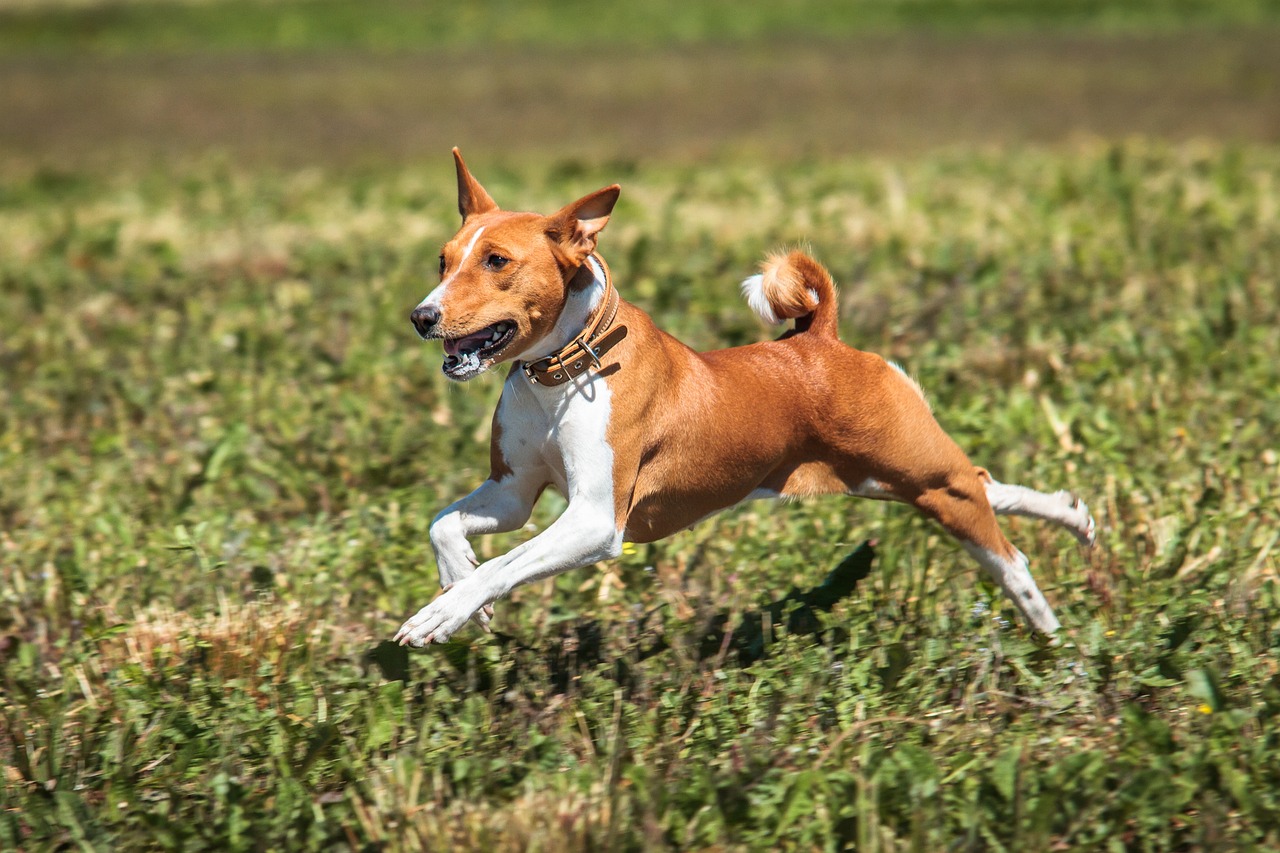
5. Akita
The Akita is a powerful and dignified breed from Japan, revered for its loyalty and courage. Akitas were originally used for hunting large game and guarding royalty. They are known for their reserved and introspective personality, often forming a deep bond with their family but showing indifference or caution around strangers. Akitas are not overly demanding of attention and appreciate having time to themselves, reflecting their independent spirit.
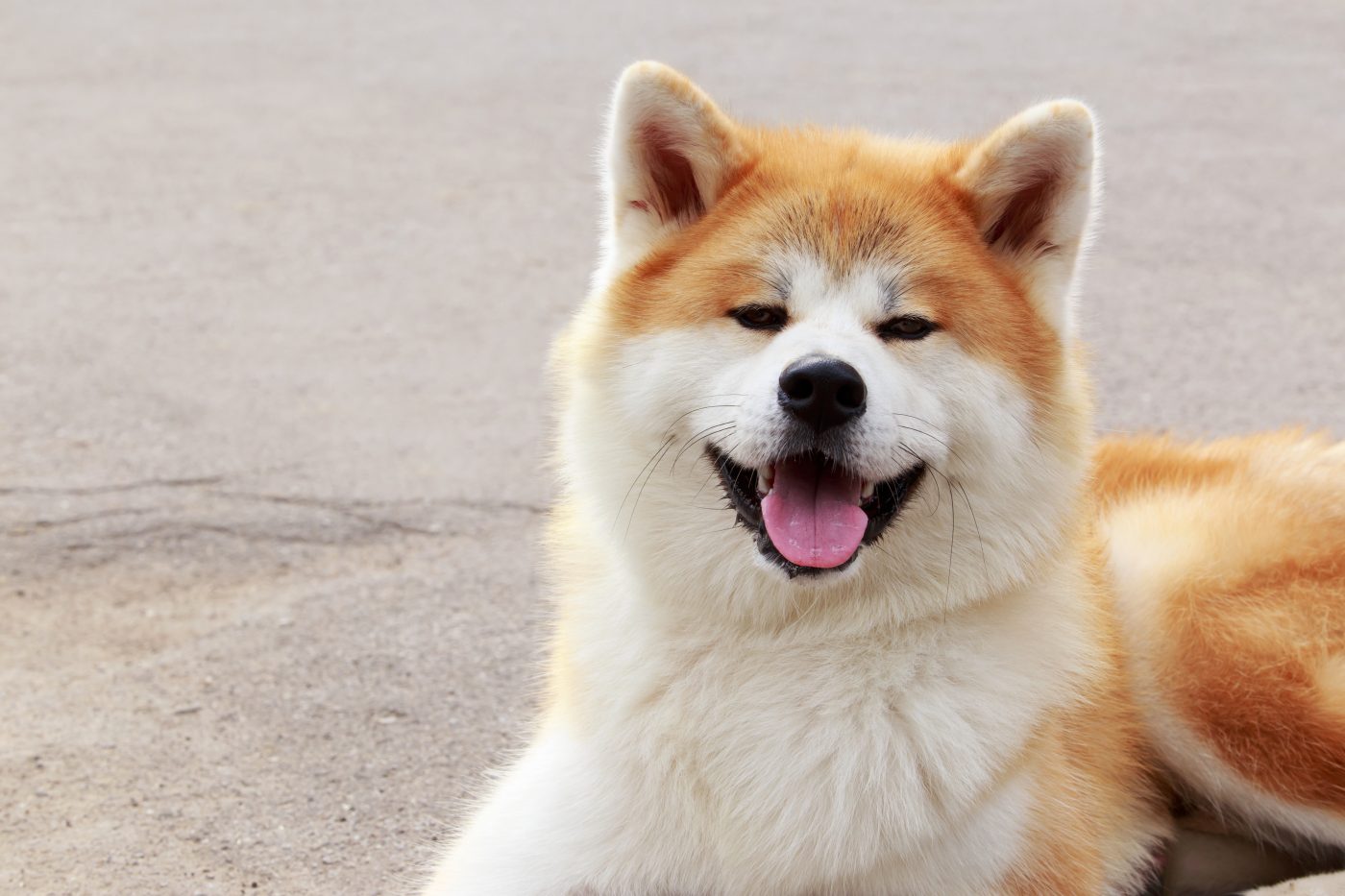
6. Saluki
The Saluki is one of the oldest dog breeds, bred in the Middle East for hunting by sight over vast distances. Their elegant, slender build belies a strong independent streak and an innate hunting instinct. Salukis are quiet, gentle, and can often seem aloof, preferring to observe rather than seek out constant interaction. They are loyal to their owners but have a natural independence that respects mutual space and understanding.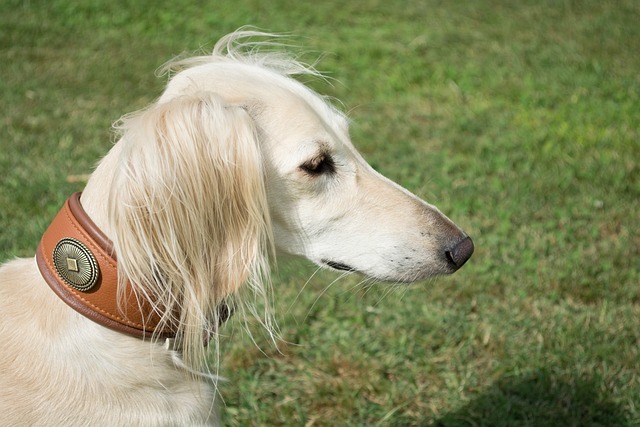
7. Alaskan Malamute
Alaskan Malamutes are powerful and resilient, bred for hauling heavy loads across frozen landscapes. Their strength and endurance are matched by a strong will and independent mindset. Malamutes are friendly and loyal but they also have a distinct sense of autonomy, often preferring to make their own decisions. This breed thrives with an experienced owner who understands their need for both companionship and independence.
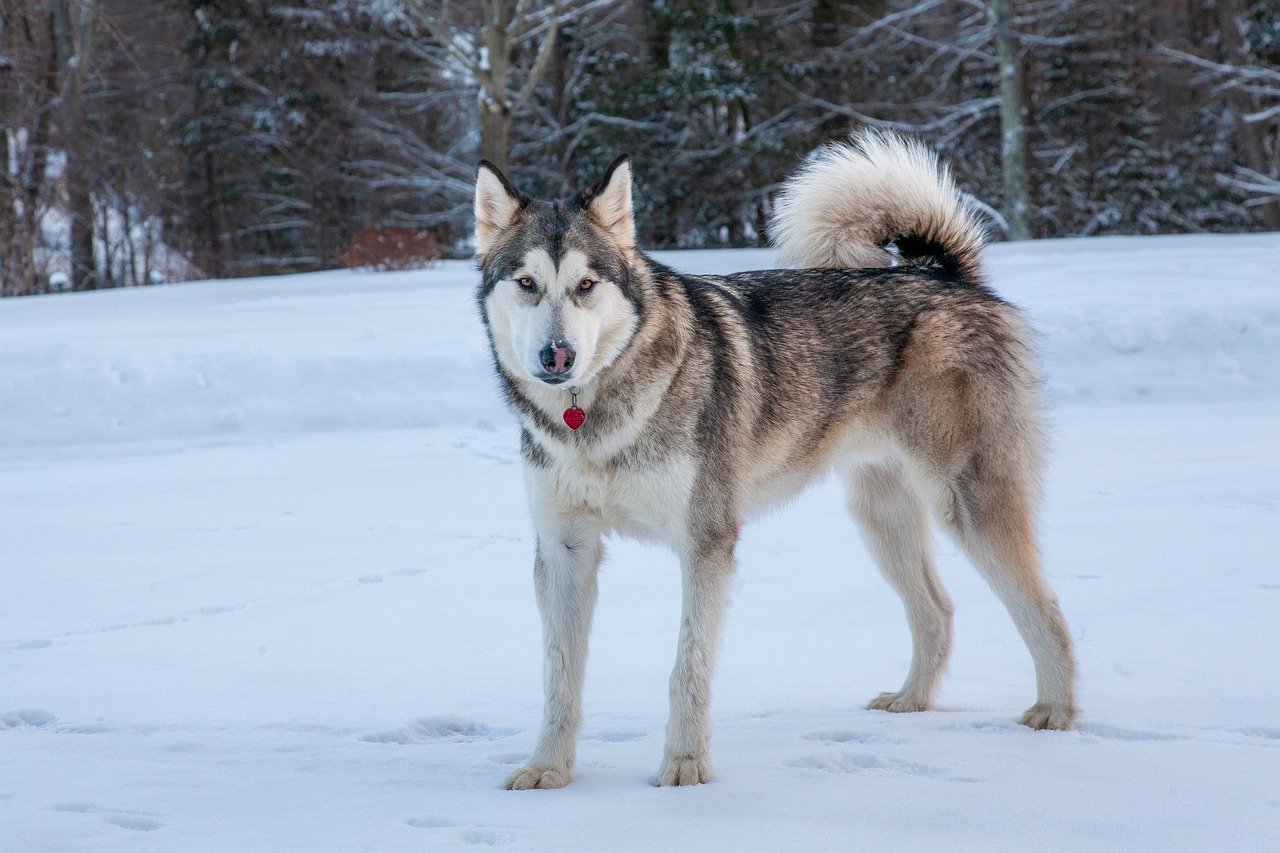
8. Siberian Husky
Siberian Huskies are known for their striking appearance and energetic personality. Bred as sled dogs, their work required them to think independently and work cooperatively without constant guidance. Huskies are friendly and sociable but also possess a notable independent streak, often displaying a curious and adventurous nature. Their intelligence and independent thinking make them both challenging and rewarding companions.
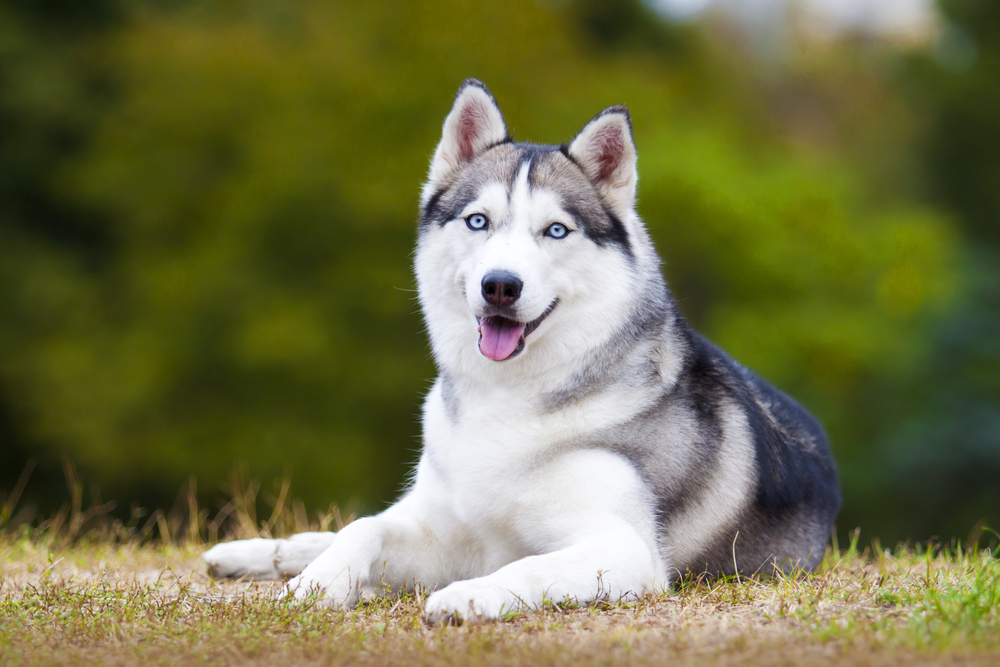
9. Scottish Terrier
Scottish Terriers, or “Scotties,” are small but mighty, with a bold and confident personality. Originally bred to hunt vermin on Scottish farms, their independence was key in performing their duties effectively. Scotties are known for their feisty demeanor and can be quite stubborn, often preferring to do things their own way. Their loyalty is unquestionable, but they definitely appreciate having their own space and time to themselves.
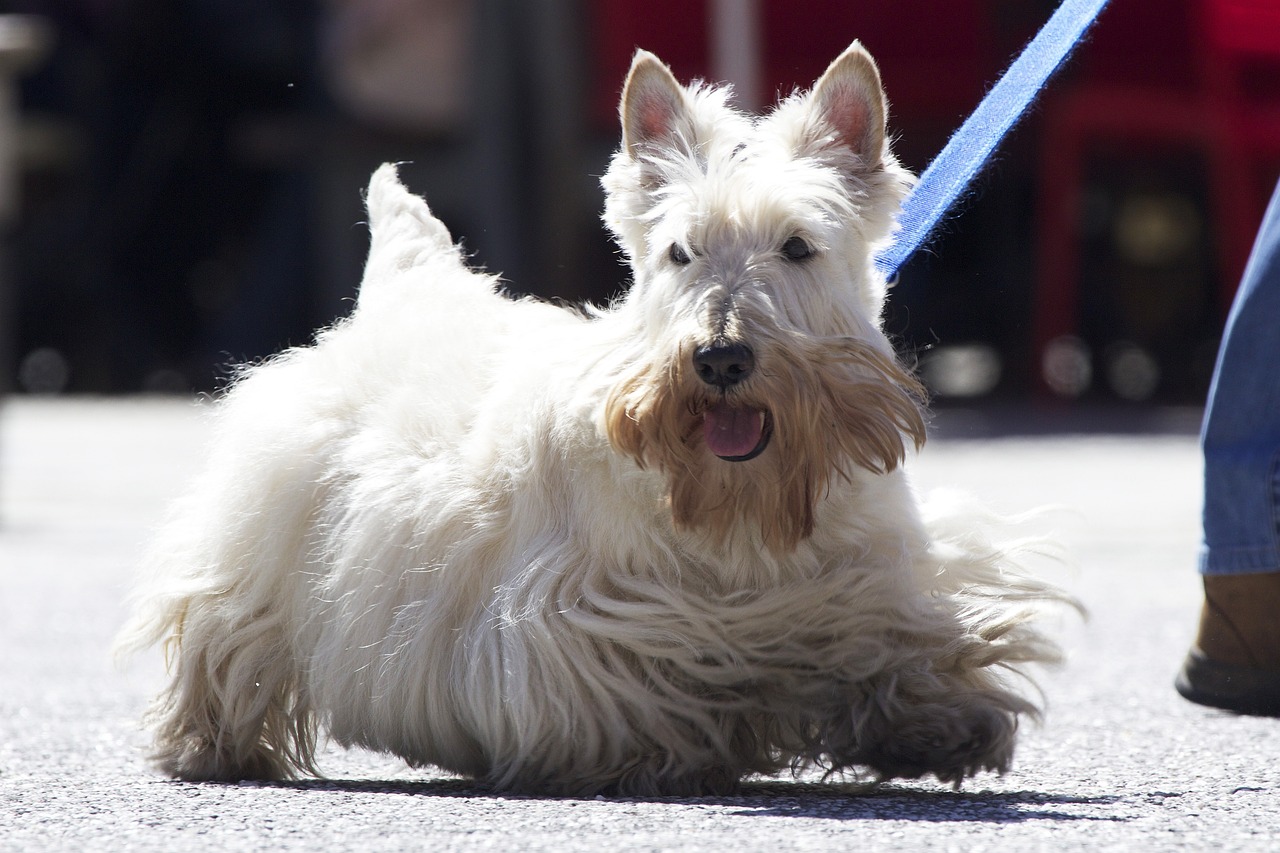
10. Whippet
Whippets are sleek, medium-sized dogs bred for hunting and racing. Known for their speed and agility, Whippets also possess a calm and independent nature when not on the chase. They are affectionate with their families but do not require constant attention, often content to curl up and relax on their own. Whippets are sensitive and intelligent, capable of making decisions independently and displaying a quiet confidence in their daily lives.
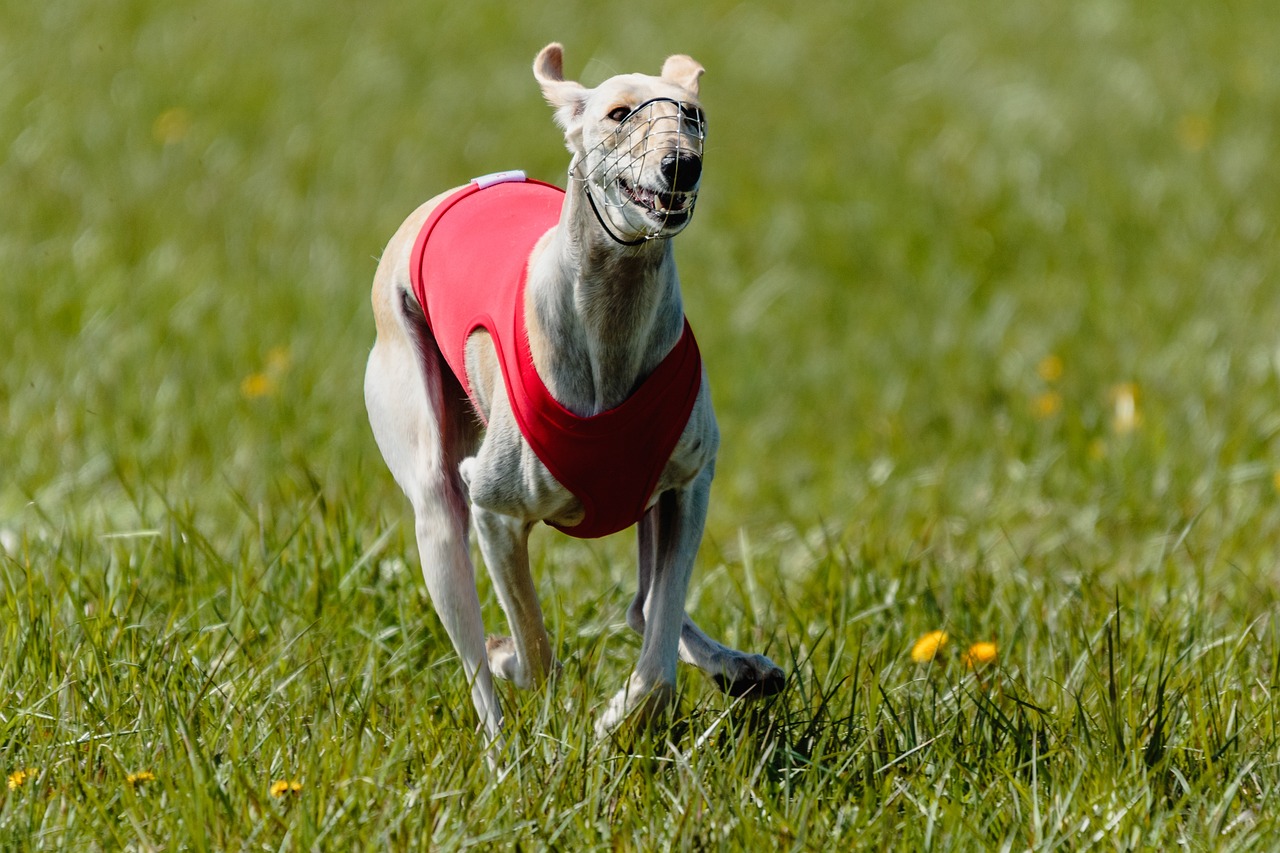
11. Doberman Pinscher
Doberman Pinschers are powerful, intelligent dogs, known for their loyalty and protective instincts. Despite their formidable appearance, Dobermans have a calm and confident demeanor, with an independent streak that suits their roles as protectors. They are highly trainable but also value their independence, often taking the initiative in situations where they perceive a need to protect or make decisions.
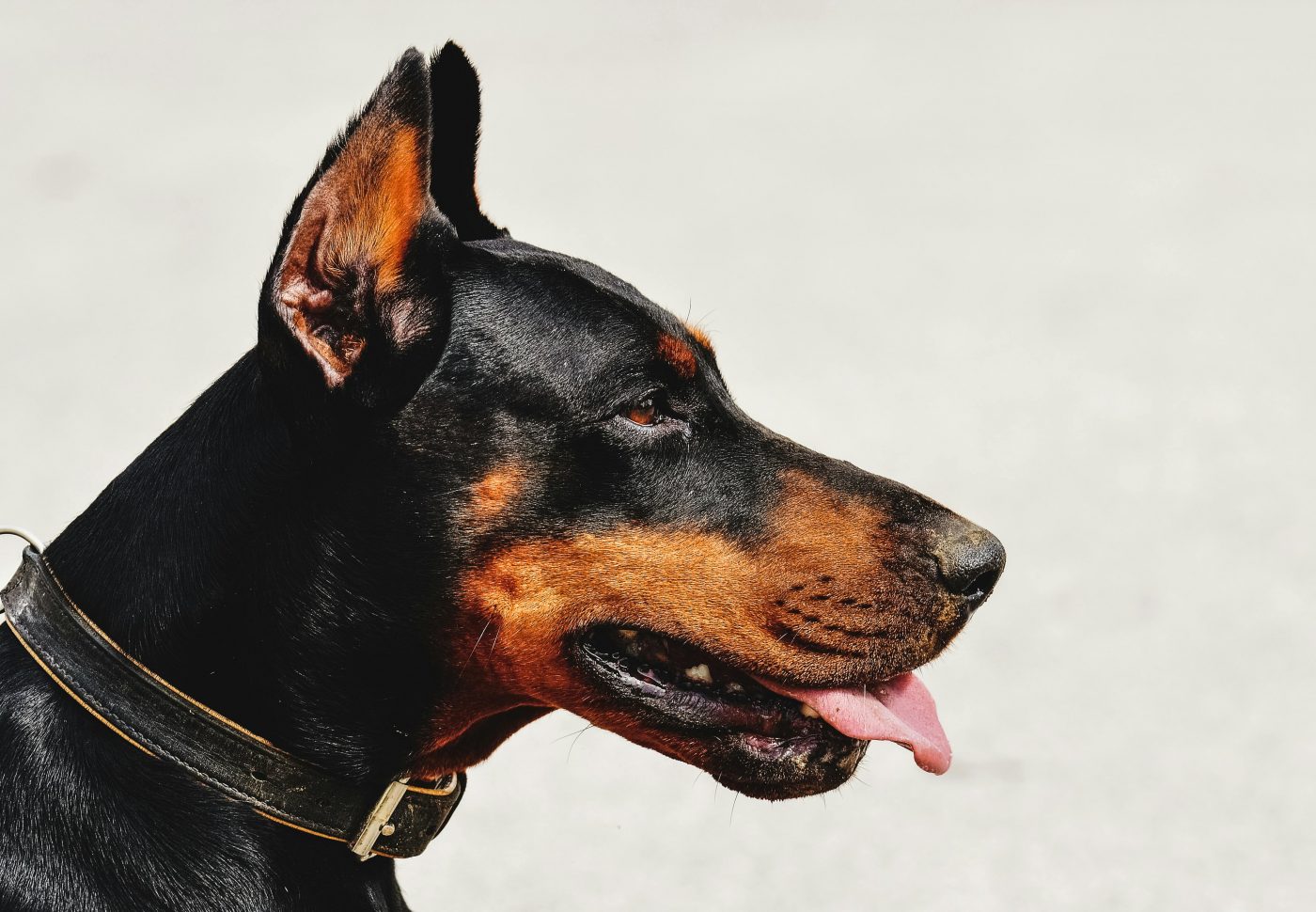
12. Greyhound
Greyhounds, famed for their incredible speed and graceful build, are surprisingly laid-back and independent when not racing. They were bred for coursing game, relying on their keen sight and speed, which fostered a strong sense of independence. Greyhounds are gentle and affectionate but are also content spending time alone, embodying a serene and dignified independence.
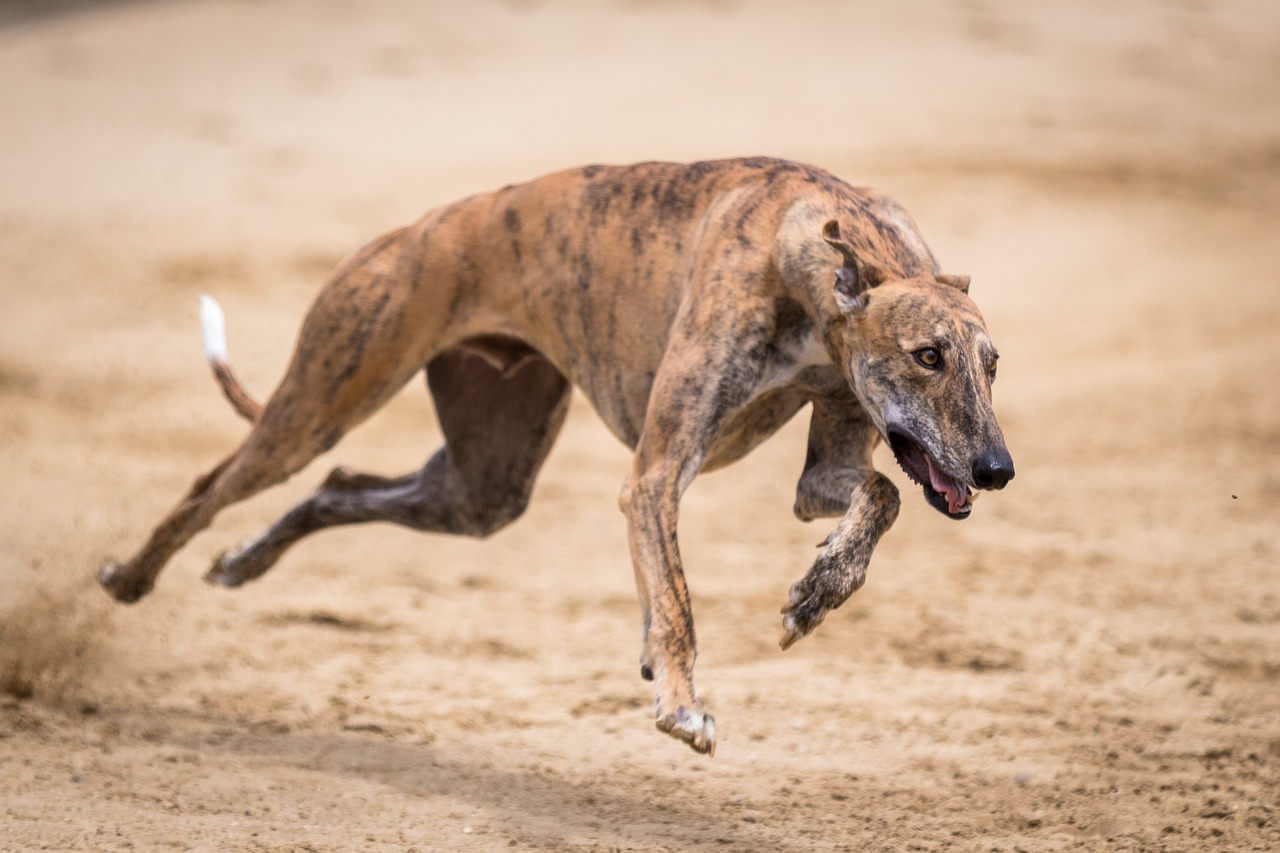
13. Great Pyrenees
The Great Pyrenees is a majestic breed, bred to guard livestock in harsh mountain conditions. Their independence is a critical trait, allowing them to make decisions and protect their charges without direct human oversight. Great Pyrenees are calm, patient, and confident, with a strong sense of autonomy. They are loving and protective of their family but also appreciate having their own space and responsibilities.
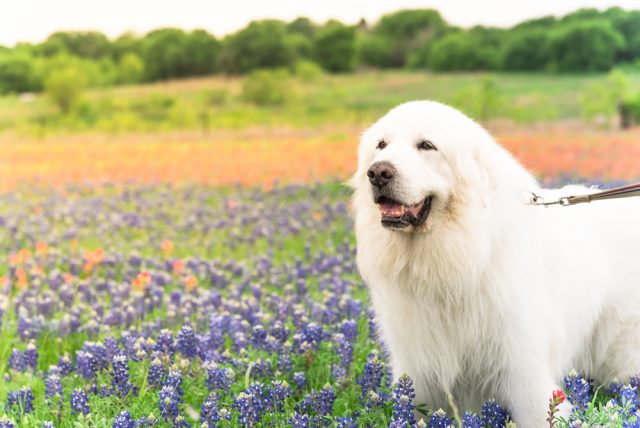
14. Borzoi
Borzoi are elegant, long-haired sighthounds that were bred for hunting in Russia. They are known for their gentle demeanor and aristocratic bearing, along with a distinct independent streak. Borzois are quiet and reserved, often choosing to observe their surroundings calmly. They form strong bonds with their owners but do so on their own terms, embodying a noble and reserved independence.
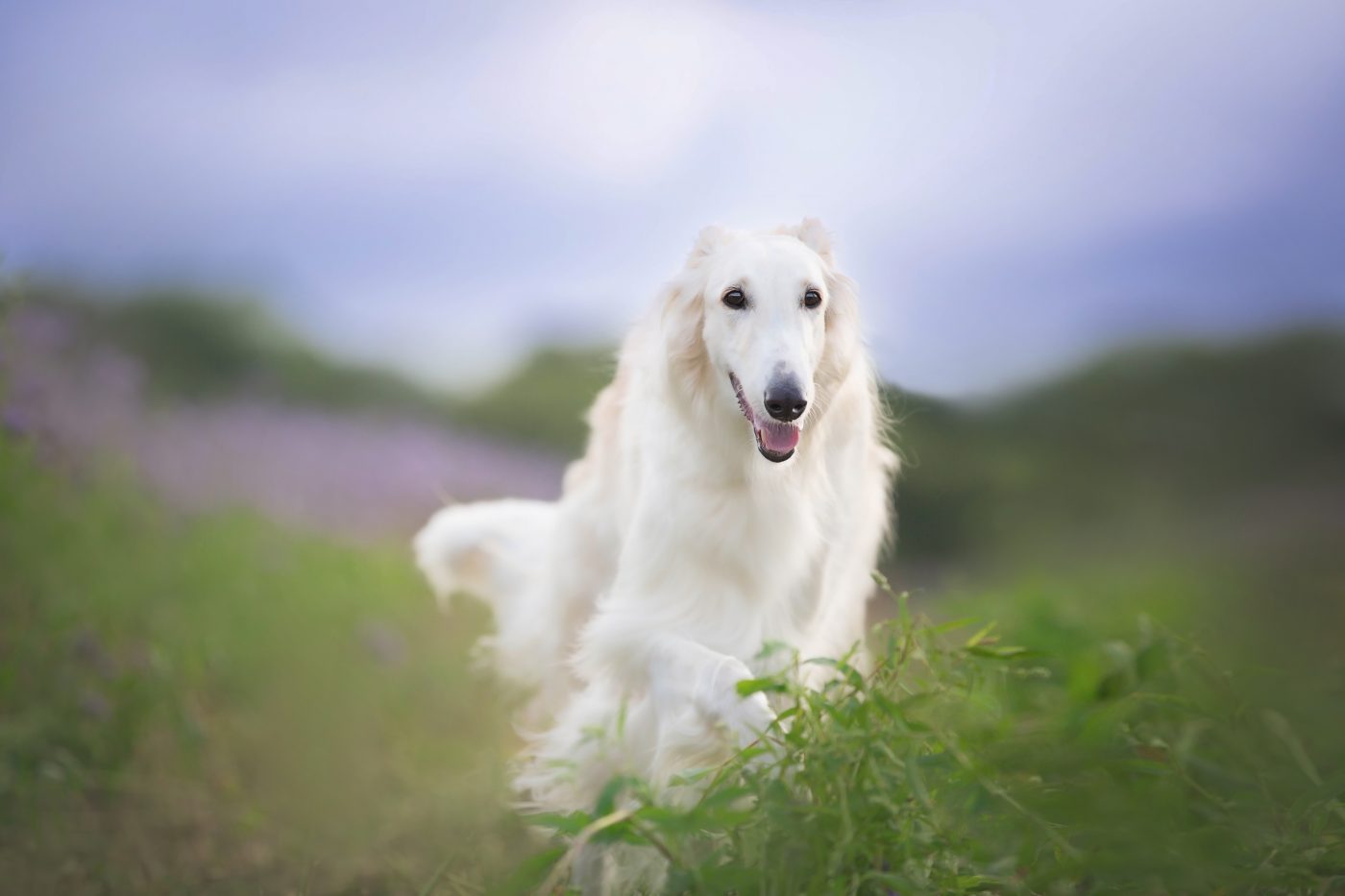
15. Rhodesian Ridgeback
The Rhodesian Ridgeback, originally bred to hunt lions in Africa, is a courageous and independent breed. Their history as hunters required them to be both intelligent and self-reliant. Ridgebacks are loyal and affectionate with their families but have a strong-willed and independent nature. They are not overly demanding of attention and appreciate having tasks or challenges that allow them to think and act independently.
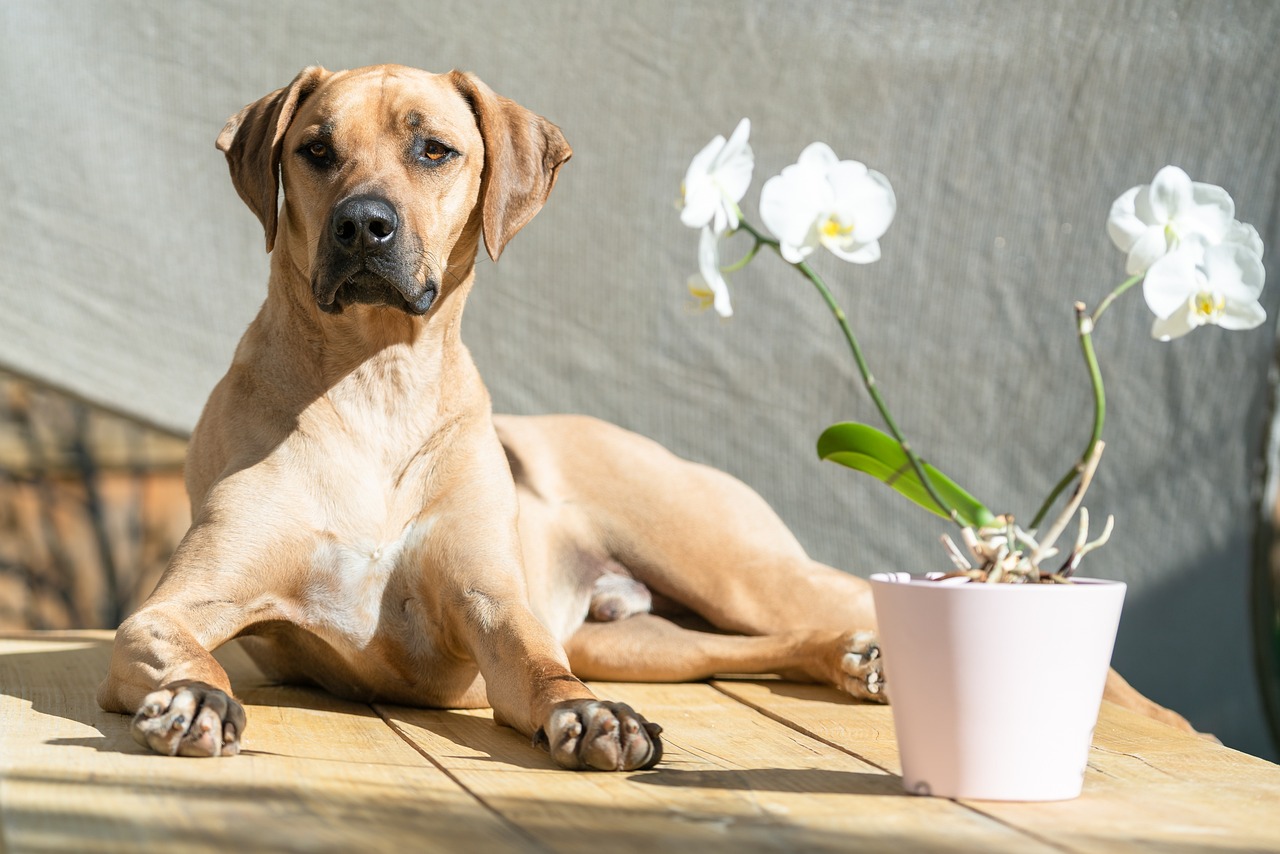
In conclusion, these 15 breeds exemplify the wide range of independent spirits found in the canine world. From the dignified aloofness of the Afghan Hound to the quiet confidence of the Greyhound, these breeds show that independence in dogs can come in many forms. Understanding and respecting their need for autonomy while providing love, training, and companionship can lead to a rewarding relationship that celebrates both their independence and their role as beloved pets.
 Toledo, United States.
Toledo, United States.